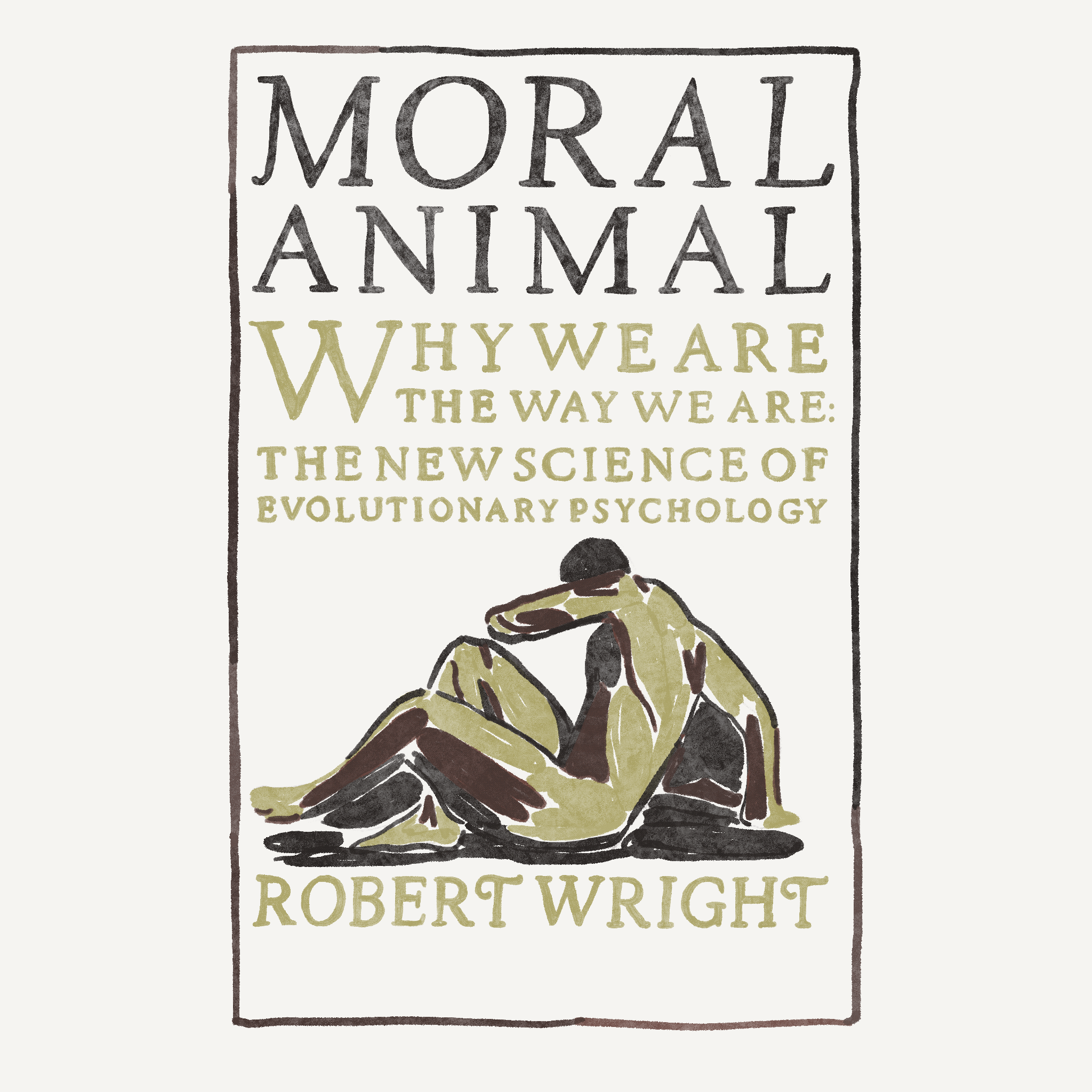I absolutely loved this book. I didn't find the concepts in this book that easy to grasp but I definitely benefited from having taken Evolutionary Psychology + Business Ethics classes that prepared me for the evolutional, psychological, philosophical and ethical concepts discussed in the book. I thoroughly enjoyed the author's writing style that combined humor and sarcasm to illustrate how evolution shapes our behavior. I especially appreciate the author's clever and compelling storytelling that weaves Charles Darwin's biography with the various contemporary theories in evolutionary psychology. Because what better way to explain evolutionary concepts than using the father of evolutionary thought himself as a firsthand example?!
Human behaviors are a mystery. Some of our most 'immoral' desires and behaviors such as cheating, lying, theft and murder had an evolutionary advantage. Although and thankfully, in our modern 'moral' world, having an evolutionary advantage doesn't justify such behaviors, however, understanding how it once served us is definitely humbling. It serves as a reminder that humans are in fact animals—despite how much we try to detach ourselves from being one.
When things don’t add up in life, remind yourself that your brain evolved to serve you in your ancestral environment not in the modern environment. Funnily enough, however, understanding this limitation may be sufficient to help our brain cope in the modern environment. It helps by giving us a perspective. ✌️
There is no room for self-righteousness. We are either victims or beneficiary of our genes and our environment. However, this doesn’t negate the concept of free will, which is why I so very much appreciate this book. Had the author just encouraged us to explore the dangerous territory that attempts to strip away all accountability and reduce us to our mere neurochemistry (the idea that we are slaves of biology), without guidance; I would have found the book a little irresponsible. Because “To tell people they’re not to blame for past mistakes is to make future mistakes more likely.” Fortunately, the author equips us with the introduction of utilitarianism (the philosophical ideal that strives towards the greater good) which I found meaningful and optimistic.
Whether or not 'free will' exists doesn't matter as much as paying attention to the role of social norms, values, rules and laws in shaping behaviors that are conducive to boosting the happiness and to reducing the suffering of all beings.
Even if we are to negate free will and admit that neurochemistry governs all, there is another root cause worth paying attention to and that is education and poverty. Time and again, most issues come back to society’s inequality as the root cause for crime and behaviors that warrant punishments.
I highly recommend this book to anyone who may be puzzled by human existence. Just to name a few, the book discusses to what extent is monogamy natural, the basis for sibling rivalry, the evolutionary advantage of having low self esteem, the thirst for wealth, status and power.
Ps. This book was first published in 1994! However and thankfully the theories are a classics and remain relevant today but things must have progressed since then.I am very excited to read from more modern publishing on the topics!

